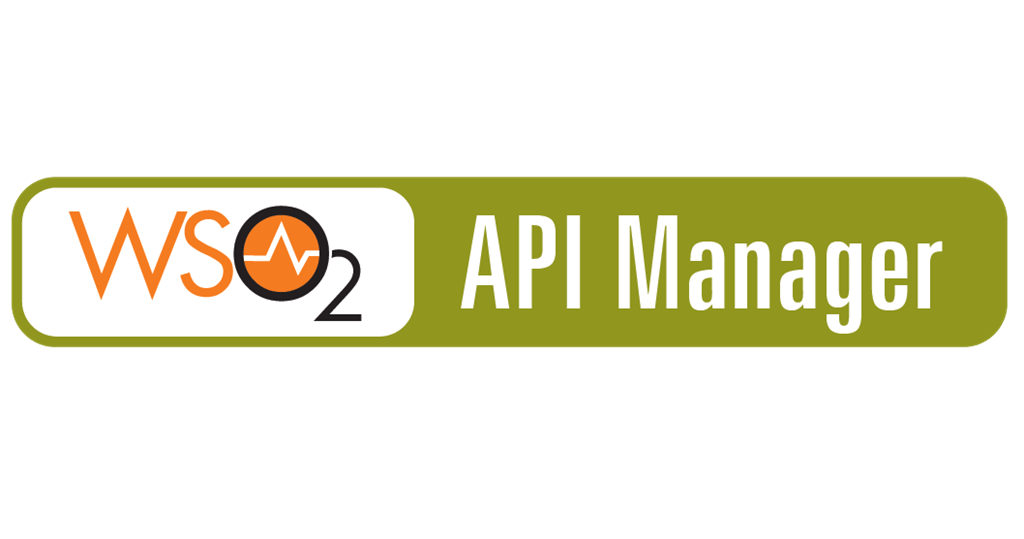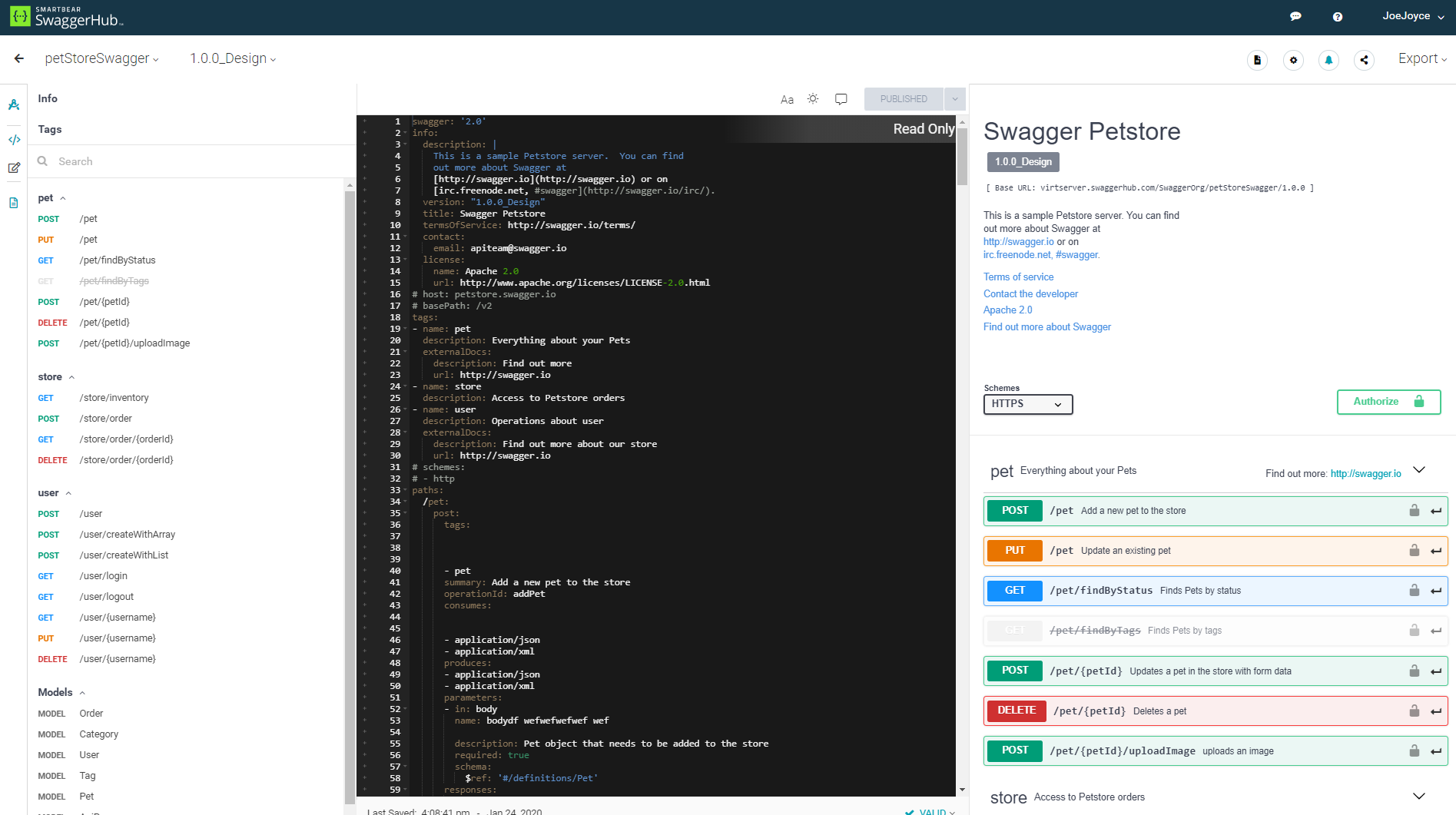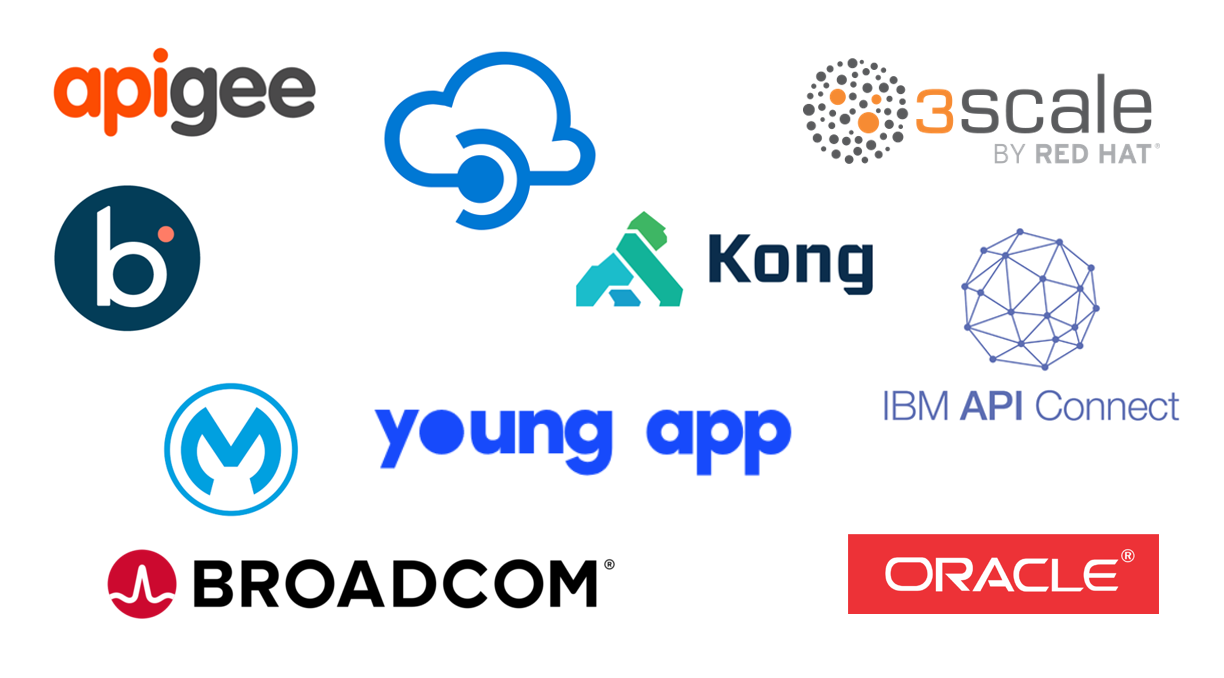
Open source APIs have become omnipresent in the world of software and mobile app development.
Right from private solutions to public-facing services apps and partner integrations, it is present everywhere.
They are helping developers in creating apps that caters to diverse set of customer needs. They are transforming the architectural patterns with much sophisticated approach of mobile application development.
Because of this prominent presence, everyone is looking to tune to the best API development guides and use the insights to provide an ultra-advanced and seamless experience to their target audience.
But, is it that simple?
Well, if you thought creating an API is difficult, managing one is worse. What makes it easier though, is using open-source API management platforms.
Let us look into the list of top API management tools and platforms.
15 Open-Source API Management Platforms to Consider in 2020 (& Beyond)
1. Open source API Umbrella

API Umbrella is one of the top open-source tools considered for managing APIs and microservices. It enables multiple organizations to operate under the same umbrella by empowering varying admin permissions for different domains.
The platform also provides facilities like Rate limiting, API keys, caching, real-time analytics, and availability of an admin web interface.
2. Gravitee.io
Gravitee.io is an open-source platform for managing APIs that is flexible and light-weight in nature. It avails out-of-the-box features such as Rate limiting, IP filtering, Cross-origin resource sharing, plug-and-play options, developer portal with OAuth2 and JSON web tokens policies, load balancing, and more.
However, the keynote feature of this API management tool is its ability to build fine-grained reports to comprehend the usage data of your APIs.
3. APIman.io

Introduced by Red Hat, APIman.io is one of the top API management platforms to consider while choosing the best technology stack for your app.
The platform, easily available in the GitHub repository, gives ample opportunities to developers in the backend development phase. This includes:-
- Quick Runtimes,
- Policy-based governance with a detachable policy engine,
- Asynchronous capability,
- Enhanced billing and analytics options,
- Availability of a REST API for management,
- Rate limiting, and much more.
4. WSO2 API Manager

WSO2 API Manager is a full lifecycle API management platform that can run anywhere and anytime. It enables developers to enjoy the possibility of API distribution and deployment on both on-premise and private clouds.
Apart from this, it brings various other opportunities on board. A few of which are:-
- Higher Customization,
- Ease of governing policies,
- Possibility of Designing and Prototyping for SOAP or RESTful APIs,
- Better access control and monetization facilities, etc.
5. Kong Enterprise

Kong is a widely-adopted open-source microservice API tool that enables developers to manage everything quickly, easily, and securely. Its Enterprise Edition comes loaded with features and functionalities, such as:-
- Availability of open-source plugins,
- Ease of One-Click operations,
- Common Language Infrastructure Capability,
- Great Visualization for Monitoring,
- Regular software Health Checks,
- Introspection of OAuth2.0, and
- Wider Community Support.
6. Tyk.io
Written in the Go programming language, Tyk.io is also a recognized open source API gateway to watch out for in 2020.

It comes with a developer portal, detailed documentation, a dashboard for API analytics, rate-limiting for APIs, authentication, and various other such specifications that helps organizations focus on microservices environments and containerization.
However, its commercial-based services are available for paid versions only.
7. Fusio

Fusio is another open source API management tool that lets developers create and maintain REST APIs from different data types. It comes with efficient lifecycle management features like backend dashboard for admin control, detailed documentation, JSON validation for incoming requests, and scope handling to meet user permissions.
What’s more, this APIM platform automatically generate OAI and RAML requirements and create a customized client SDK as per the defined schema.
8. Apigility

Designed and maintained by Zend framework, Apigility is the next open-source framework to consider for API management.
The platform encourages established mobile app development companies to create and exhibit JSON representations for their codes. It also provides them with different versioning options, along with an ease of authentication with OAuth2 and documentation to embrace the API Blueprint.
9. SwaggerHub
Considered by 40+ organizations for managing APIs, SwaggerHub is also one of the best open-source API management tools to rely on.
The platform renders a wide range of options to the designers and developers in the backend development domain. It provides them a robust and intuitive editor that delivers higher efficiency and speed while preserving design consistency.

Also, it avails the opportunity of smart error feedback, syntax autocompletion, and availability of multiple style validators.
10. API Axle

Backed by Exicon, API Axle is another open-source, simple and lightweight proxy that provides development agencies with ample benefits like:-
- Real-time analytics
- Robust Authentication,
- Logging of API traffic for statistics and reporting,
- Ease of creating and managing API keys, and
- Support for REST API design and use of Go, PHP, and Node.js libraries.
11. IBM Bluemix API

This API management tool enables developers to use more than 200 software and middleware patterns to build portable and compatible apps for the hybrid cloud. It also offers various pre-built services and a robust mechanism for regulating API access, governing multiple API versions, maintaining rate limits, and keeping a track of performance metrics and analytics of every API involved.
12. Repose

Repose is yet open-source RESTful middleware platform that plays a pivotal role in the changing anatomy of API market. The platform provides organizations with various API processing facilities, including authentication, API validation, rate limiting, and HTTP Request logging.
This API management platform works with an aim to provide downstream services for trusting incoming requests when well-formed and validated. And, it is highly extensible and scalable in nature, which means developers can easily employ it as per the growing demands and requirements.
13. SnapLogic Enterprise Integration Cloud

SnapLogic is an impressive Integration Platform as a Service (iPaaS) tool that helps organizations in acquiring, sustaining, and growing their customer base. The characteristics that make this possible are:-
- It is fast, multi-point, and come with the option to flexibly address both batch-oriented and real-time app data integration needs.
- It has a scalable architecture that operates like web servers, but also provide an option to embrace versatility.
- It also comes with innovative data flow solutions that encourage organizations to add reputed SaaS applications like SugarCRM and Salesforce into their traditional processes.
14. DreamFactory

DreamFactory API Management platform is also one of the best free and open-source tools to consider for your next project. And the set of reasons behind its popularity are:-
- It gives developers an escape from hand-coding APIs for mobile app development. It enables them to integrate any SQL/NoSQL database, external HTTP/SOAP service, or file storage system into DreamFactory environment, and get a comprehensive, flexible, fully documented, and ready-to-use REST API automatically.
- The platform also provides a detailed REST API for SQL databases, in addition to access to API parameters for pagination, complex filters, virtual foreign keys, related table joins, and more.
- Another distinct feature of DreamFactory API Management platform is that it instantly converts the JSON request into SOAP, and vice versa.
- Also, this platform avails highly secure experience in the form of ease of User Management, SSO Authentication, CORS, JSON Web Tokens, SAML integration, Role-Based Access Control on API endpoints, OAuth, and LDAP.
15. 3Scale

Last but not least, 3Scale is a notable addition to this list of API management tools.
Owned by Red Hat, the API management tool lets both small and large enterprises securely manage their APIs effortlessly with features, such as:-
- It employs a distributed cloud layer that centralizes the API program’s control. That makes it easier to keep control of analytics, accessibility, developer workflows, monetization, etc.
- Since it hosts on a distributed cloud-hosted layer, it is highly flexible and scalable to use.
- The OpenShift Integration feature of 3Scale API enables you to run high-performance apps in an automated and contained manner.
- This full lifecycle API management platform empowers developers to plan, design, apply, publish, manage, analyze, optimize, and retire your APIs anytime to deliver an exceptional experience.
- It comes with the power to share your organization data, services, and content through the web or mobile applications easily.
- Above all, the 3scale API management platform provides you an opportunity to instill a wide range of encryption, authentication, and authorization protocols into the development environment. This empowers backend software development services to deliver a highly-secure mobile app experience fit for their target user base.
All the API management tools shared above are open-sourced and are poised to be a beneficial addition to the tech stack. But, to ensure that you choose the best fit for your business app needs, we will be covering a few tips on selecting an API management tool next.
How to Pick the Right Open-Source API Management Platform?

1. Features
When it comes to finding an answer to ‘how do you choose the best API management (APIM) solution’, the foremost factor to consider is the features of API management platforms.
Every open-source API management tool have their specific requirements and implementation limitations. So, performing an API management platform comparison in terms of your technical and non-technical requirements can be really helpful.
2. Deployment Complexity
When it comes to deployment, some gateways require a single node while others run on multiple types of nodes for setting up a database. Besides, some gateways operate with many databases, which can be a complicated thing to manage.
So, focusing upon the deployment complexity can also help you with finding the right API management tool.
3. On-Premise vs Cloud hosted
On-Premise tools, as depicted from the name, are located within the physical premises of a company. One can add more time to the deployment and maintenance process.
But, in the case of Cloud-hosted, the API management tools are located at a virtual location and its services are made available via Cloud computing. They can introduce more latency due to the extra hop and even lower down the availability of your service when the vendor goes down.
So, analyzing the pros and cons of both the options to determine which open-source API management tool to embrace can also a profitable idea.
4. Community Support
Last but not least, having an idea of the type of community support each open-source API management tool is having also helps in choosing the right one. The larger and active a community is, the higher are the chances of receiving updates and solutions to your queries; ultimately resulting in a better experience.
With this, we have gone through the list of 15 best Open-source API management platforms and the approach to find the best one. The next step is to actually put this information into practical solutions, aka, employ an open-source API management tool into your mobile project. Which in turn, means bringing the best backend developers on board.






